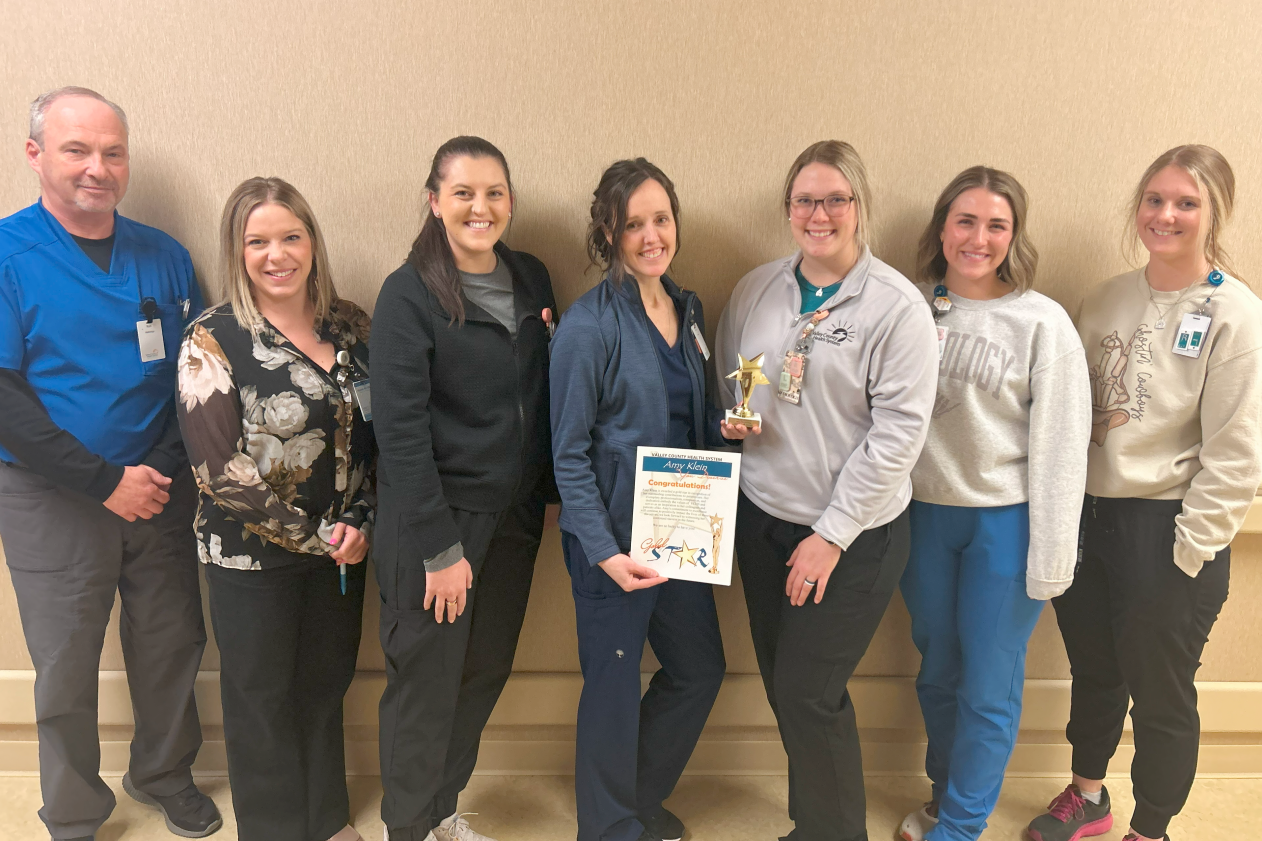
What Happens When You Stop Using Birth Control?
Birth control is one of the most commonly prescribed medications for women of reproductive age in the world. Thousands of women are on the various types of birth control medication, and thousands more are considering the option - either as a way to stop from getting pregnant or as a way to control certain hormonal conditions such as endometriosis with the help of birth control hormones.
Sometimes, birth control can have side-effects that include irritability, weight gain and heavier menstrual flow; in this case, a doctor might recommend that you stop taking birth control medication and switch to another prescribed option - though this is never something you should do without the official supervision of your doctor!
Sometimes, you might skip a dosage without realizing it.
In either case, the big question is: What happens when you stop using birth control?
Here's what can happen if birth control treatment is suddenly stopped, what else can interfere with birth control medication and essential information on what can happen if you skip a dosage or forget to take it.
What is Birth Control?
Birth control medication is an umbrella term that describes a type of hormonal medication that's usually prescribed in order to make pregnancy less likely, or control a range of hormonal conditions.
There are various brands and types of birth control medications out there. If you want to take birth control, it starts with seeing your doctor for an examination and recommendation of the best type of medication to prescribe.
Why Take Birth Control in the First Place?
The obvious reason why most women ask for birth control is to make the event of getting pregnant a less likely occurrence. It's usually around the same time a girl or woman decides to become sexually active, but might also be much later on in life.
There are other reasons one might be prescribed birth control medication: One reason is the control of conditions related to the hormones - like endometriosis. If you experience heavy, painful periods with very heavy flow, it could point to endometriosis and birth control medication might be prescribed to ease your symptoms.
What Happens If I Skip a Dosage?
Birth control has to be taken on a strict routine, just like you would take antibiotics. Because the pills rely on a cycle, birth control medications are marked per day, and have to be taken according to the directions. If you don't, birth control medication can lose their efficacy and you can find your entire cycle out of the norm - or your birth control completely ineffective.
If you skip a dosage, you could experience a much heavier, more painful period as a result - and you might also be at an increased risk of getting pregnant if you have skipped.
Medications are individual: If you've skipped a dosage of your birth control medication, contact your doctor and ask.
Why Would Someone Stop Taking Birth Control?
Never stop taking any medication - including birth control - without checking with your doctor and confirming it as the next best step. Taking your own initiative when it comes to how you should take you medication is very, very dangerous.
Why would someone stop taking birth control or why would their doctor recommend it?
Sometimes the particular brand or type of birth control becomes ineffective after long-term usage; other times it has side-effects that could mean it's not the right type of birth control for you. A doctor might also recommend that you stop taking birth control if you are trying to conceive - or if you are about to go on any type of medical treatment that might interfere with birth control.
What Happens If You Stop Taking Birth Control?
If you stop taking birth control medication, it increases your risk of getting pregnant.
It can also cause other emotional, physical and hormonal changes in the body: This can be spotted in a variety of different ways including mood changes, appetite changes, weight changes and sudden changes in your menstrual cycle's onset or severity.
It's never a good idea to stop taking the medication by yourself: Check with your doctor first, especially if there's a specific reason why you think stopping treatment (or switching to another medication) might be right for you.
Speak to your doctor when you want to switch or stop treatment: A doctor can make sure that the right recommendations and procedures are followed, and that you find the medication that suits you and your body best.

